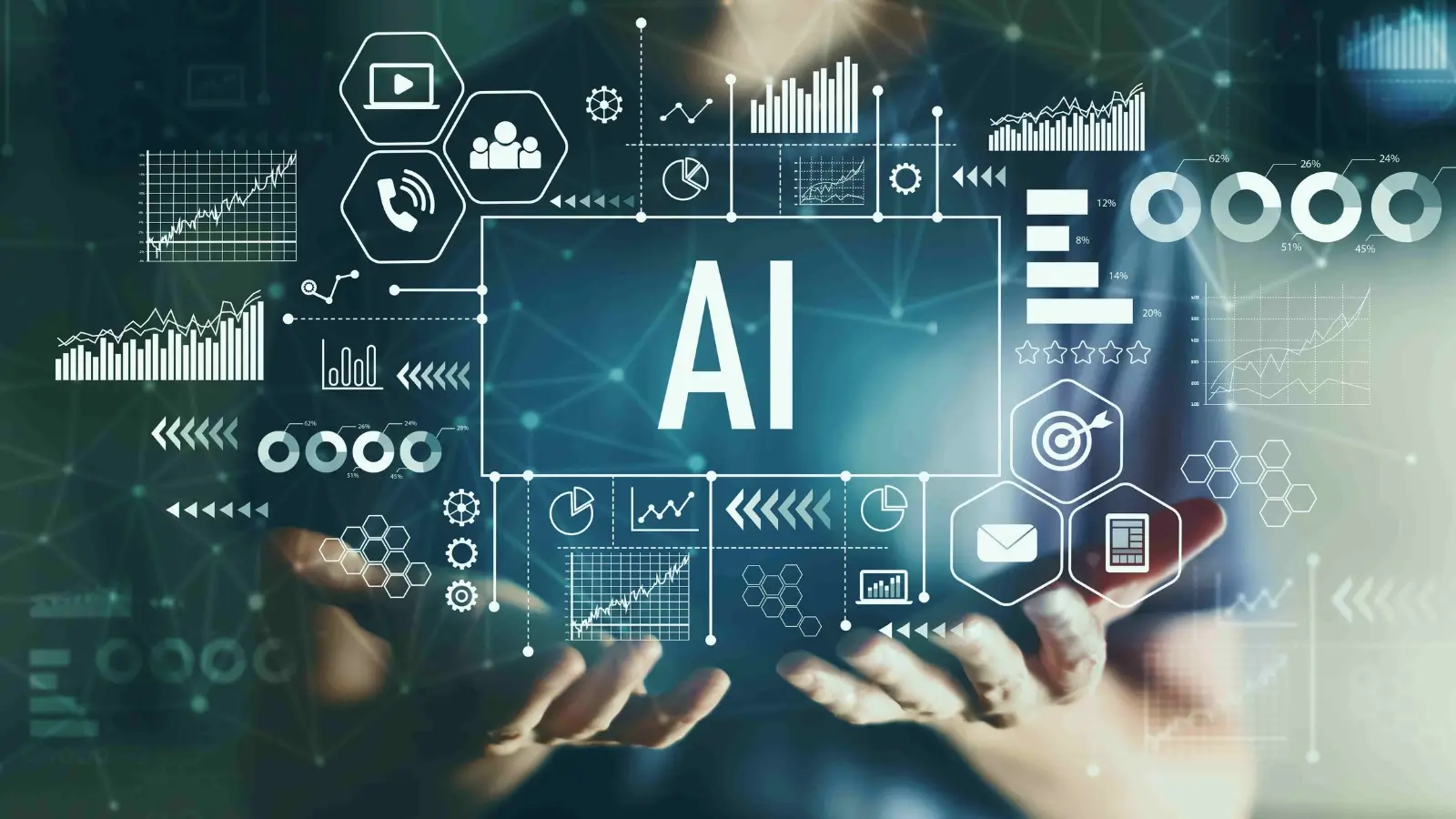


It's no secret that AI upended work order as people knew it. Some jobs have been created, some automated, and some have downright disappeared. It's therefore imperative for workers to reskill if they are to stay competitive and relevant in this AI era.
As a business leader, the responsibility to align your staff with the changes falls on your shoulders to a huge extent. So, what do you need to know about these developments and your place in it?
AI is changing how work gets done. It’s not necessarily about robots taking over jobs. It's more about a shift in what people do and how they do it.
New roles pop up all the time because of artificial intelligence. Data scientists, AI trainers, even "ethics officers" who make sure algorithms don’t go haywire. These weren’t common five years ago. So while some jobs might shrink, others grow. Reskilling positions your staff to adapt in light of these changes.
AI has shown itself adept at augmenting rather than replacing. A marketing team doesn’t stop using creativity when they adopt AI tools. Instead, those tools help them analyze customer data faster so they can focus on strategy instead. So, as a leader, your job isn’t just to bring in AI tools. It’s to figure out how it fits alongside your people.
Once you know where your team could use some support, check out the different AI tools for businesses or other such solutions out there and settle for what best fits the next phase of your business journey. The right tools open your business up to the transformative power of artificial intelligence and help you unlock new levels of efficiency, innovation, and competitive advantage.
AI tools are capable of handling more technical things. As a result, certain abilities should come up strong. Critical thinking is one such. Machines follow rules, but humans solve problems creatively. If an AI tool flags something unusual in sales data, it’s up to you or your team to figure out why.
Emotional intelligence (EQ) is another. Artificial intelligence doesn't seem like it can replace human connection anytime soon. The ability to empathize and calm someone down is still uniquely human.
Then there’s digital literacy. Everyone needs to understand basic tech concepts now. Even if you’re not writing code, knowing how to interact with AI systems matters. Data processing and analysis is huge, too. Companies have access to massive amounts of big data these days. Someone has to turn that into action.
A good reskilling plan starts with assessing where your team stands in this AI journey. Do a skills audit. Ask questions like: Who knows how to use our CRM system efficiently? Who understands basic coding?
Once you know the gaps, set clear goals. Don’t just say, “We want everyone better at data.” Be specific. Maybe your goal is to train 80% of your staff on agentic AI use within six months. Maybe it’s teaching the leadership team how to manage hybrid staff effectively.
Come up with an artificial intelligence teaching guide or get good LMS systems for your staff to start taking part in this learning revolution. This level of employee enablement can go a long way.

Training staff doesn't translate to forcing people to take up courses. It's about making them want to grow. Start with mindset. People should feel safe asking questions like, “Why does this process exist?” or “Is there a better way?” Leaders set the tone here. If you’re always open to feedback and new ideas, your team will follow suit.
You should also provide your team with resources. Offer subscriptions to online platforms, bring in guest speakers, or simply buy some relevant books for the office library.
Change, especially when it involves technology that might replace parts of people's jobs, might not be easy to take in. That's why a wise approach would be to address these fears head-on.
When you address these concerns, make sure your communication is clear. Explain exactly how AI will affect their roles. For instance, instead of saying, “AI will help us,” say, “AI technologies will handle routine reports so you can focus on strategy.”
If there are opportunities that will pop up as a result, highlight them. Maybe it frees up time for creative projects. Perhaps it leads to promotions because employees gain new skills. Frame it positively so that instead of focusing on what’s lost, emphasize what’s gained.
From the look of things, the AI era is officially here, and it's looking to say. The best approach would be for businesses to prepare their staff for the transformation.
This guide has shared a few points that can help your team retool for the future. When you have members of staff who are well-prepared, they can confidently face this AI transformation and use it to bring many benefits to your business.